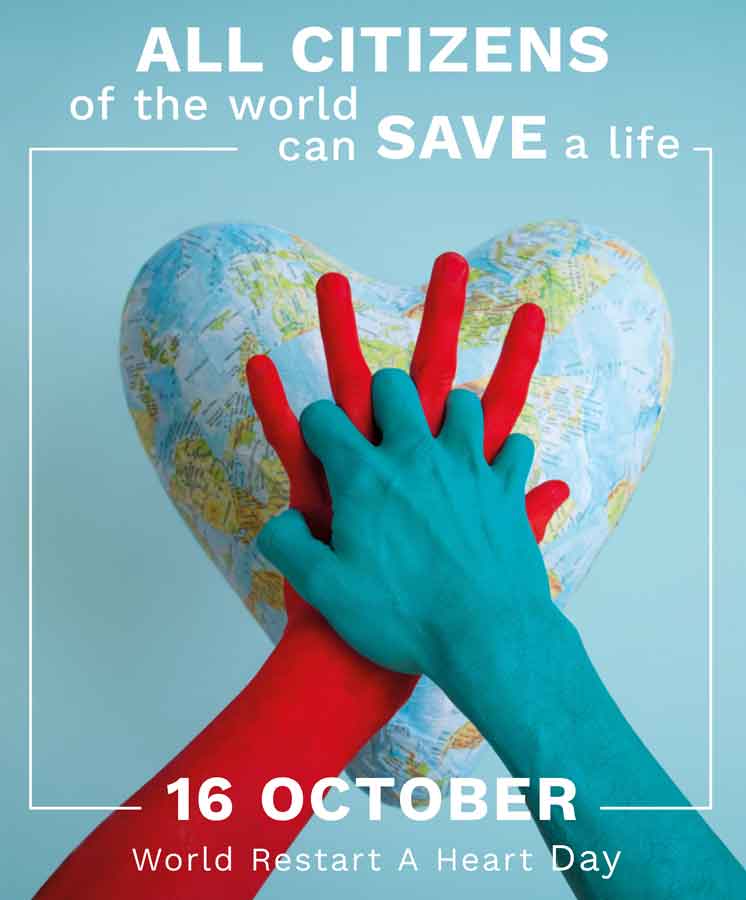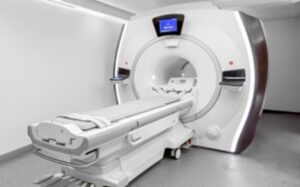When someone’s heart suddenly stops beating, every second counts. Cardiopulmonary Resuscitation (CPR) is one of the most effective ways to keep blood and oxygen flowing to the brain and other vital organs until emergency medical help arrives. As we observe World Restart a Heart Day, it’s a good time to refresh our understanding of CPR, why it’s so crucial, and how you can be prepared to help in case of an emergency.
What Is CPR?
CPR stands for Cardiopulmonary Resuscitation. It’s an emergency procedure performed when someone’s heart stops beating, a condition known as cardiac arrest. The goal of CPR is to manually pump blood to the brain and other organs, keeping them functioning until professional help arrives.
Cardiac arrest can happen to anyone at any time—whether it’s caused by a heart attack, an accident, or a sudden health issue. Without immediate intervention, irreversible damage can occur within minutes. That’s where CPR becomes a life-saving skill.
Why is CPR So Important?
The importance of CPR cannot be overstated. Each year, millions of people around the world experience sudden cardiac arrest, and only a small percentage survive without immediate intervention. When bystanders perform CPR, they double or even triple the chances of survival.
Unfortunately, many people hesitate to act because they are unsure of what to do or fear doing something wrong. But in cardiac arrest situations, doing something is always better than doing nothing. Your actions can be the critical difference between life and death.
How to Perform CPR
While the idea of performing CPR may seem daunting, it’s a straightforward process that anyone can learn. Here’s a simple guide to follow:
-
- Check Responsiveness: If you see someone collapse or find them unresponsive, first check if they are conscious. Tap them on the shoulders and shout to see if they respond.
-
- Call for Help: If there’s no response, call for emergency services immediately or ask someone nearby to do so. Stay on the phone with the dispatcher if possible.
-
- Start Chest Compressions:.
Want to dive deeper into life-saving skills? Explore our First Emergency Course with Compliplus for comprehensive training on CPR and other critical first aid techniques.
Important: If you haven’t been trained in rescue breaths, hands-only CPR (chest compressions without mouth-to-mouth) can still be highly effective in emergencies.
Final Thoughts
Learning how to perform CPR is a skill that could save a life at work, at home, or even in public spaces. With easy-to-learn steps, you don’t have to be a healthcare professional to make a difference. As we commemorate World Restart a Heart Day, let’s take this opportunity to prepare ourselves and raise awareness about the importance of CPR.
At Compliplus, we are committed to promoting safer workplaces by equipping individuals with the knowledge they need to respond effectively in emergencies. Whether it’s CPR or other first aid skills, being prepared can make all the difference.
Take the time to explore our First Aid options today —because you never know when you might need to restart a heart.
Interested in learning more?
Check out our workplace safety programs at Compliplus.






